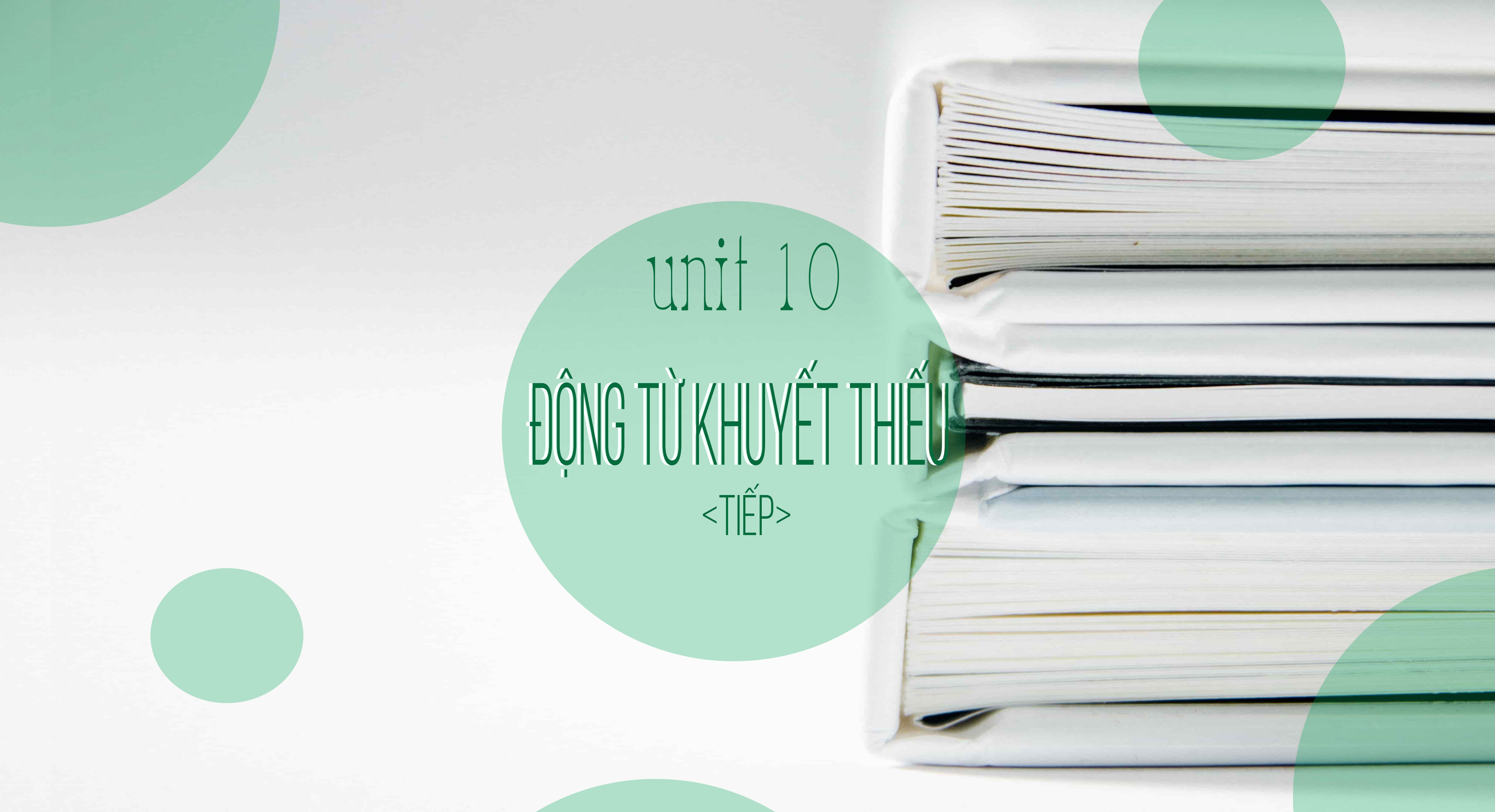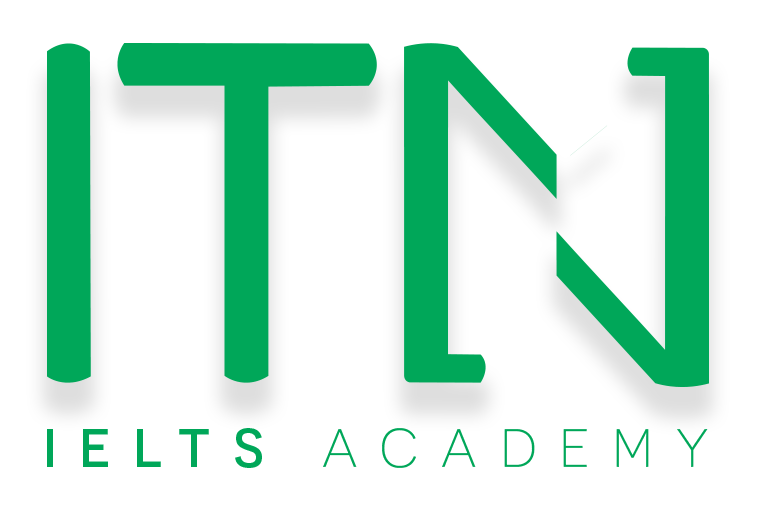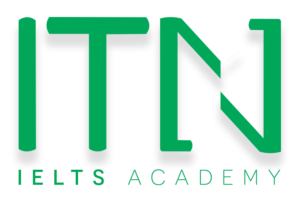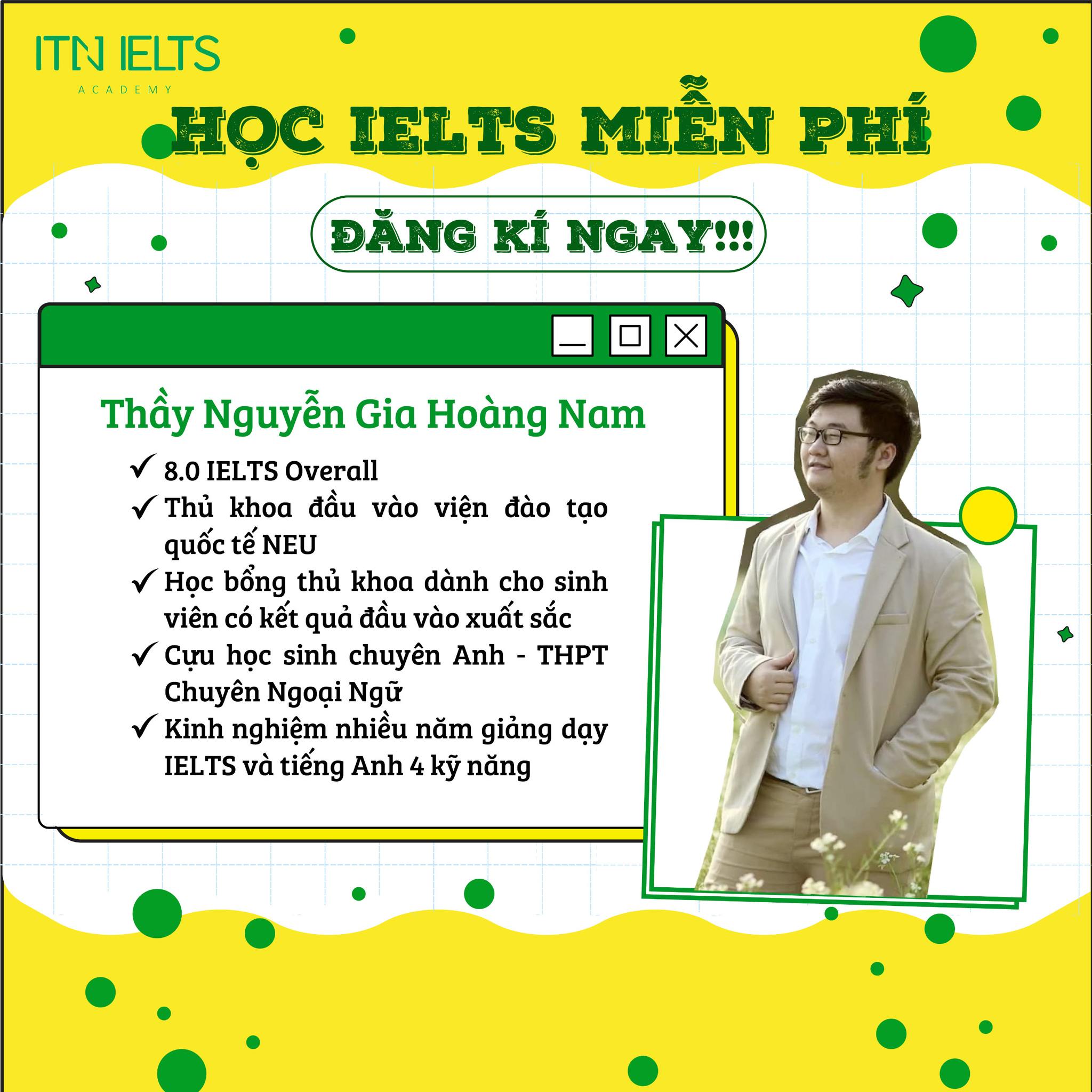
Ở Unit 9, Ielts Trang Nguyễn đã hướng dẫn các bạn tìm hiểu về các động từ khuyết thiếu cơ bản và cách sửa dụng. Ở phần tiếp theo, hãy cùng học cách ứng dụng động từ khuyết thiếu vào IELTS Writing.
I. Chuyển động từ khuyết thiếu sang cách viết trong IELTS Writing
| Cách viết thông thường | Cách viết trong IELTS Writing |
| Can/ could | Possibly + V
Plausibly + V To be + possible/plausible + to infinitive |
| May/ might | Probably; Presumably |
| Have to/ must | To be imperative/compulsory + to infinitive |
| Should | To be advised + to + infinitive
To be recommended + to + infinitive Advisedly + V |
| Need | To be + necessary + to + infinitive
Necessarily + V Require/ request |
VÍ DỤ:
It is possible for people to think of some solutions to tackle air pollution (Mọi người có thể nghĩ ra một số phương pháp để giải quyết ô nhiễm không khí)
It is necessary to have good grades in science courses to enrol in the Medical School. (Cần có điểm số tốt trong các môn khoa học để ghi danh vào trường Y.)
It is compulsory for all motorcyclists to helmets (Tất cả người đi xe máy đều phải đội mũ bảo hiểm)
II. Sử dụng Modal verbs trong IELTS Writing Task 2
Ba chức năng quan trọng của động từ khiếm khuyết khi bạn viết hoặc nói IELTS là :
– Thảo luận về độ chắc chắn
– Đưa ra 1 đề nghị.
– Tình huống giả định
1) Mức độ Chắc chắn
Will, may, might và could khá phổ biến khi lập luận logic về 1 tình huống hoặc 1 dự đoán trong tương lai.
Ví dụ :
Children with no father as a role model will become criminals. (100%)
Children with no father as a role model may become criminals. (Possible)
Children with no father as a role model could become criminals. (Possible)
Theo bạn nghĩ, thì những câu trên có chính xác không ? Các bạn dễ dàng nhận ra rằng có 1 lỗi khá phổ biến, về mặt ngữ pháp thì không có gì sai. Nhưng về mặt ngữ nghĩa, nếu kết luận 100% trẻ em mồ côi cha sẽ trở thành tội phạm thì sai. Khi đưa ra 1 đánh giá kết luận các bạn nên cẩn thận trong việc sử dụng từ ngữ. Từ Will là 100%, nên tránh sử dụng nó nếu bạn biết chắc chắn 100% sự thật.
Có nhiều cách để làm giảm độ chắc chắn ví dụ: will possibly. Khi bạn viết bài luận IELTS , ít khi bạn sẽ có đủ bằng chứng để đưa ra 1 kết luận 100% sự thật.
Vì vậy, cách sử dụng possibly là tốt hơn trong tình huống này .
2) Đưa ra 1 lời đề nghị
Must, should, ought to, have to and could thường được sử dụng để đưa ra đề xuất giải pháp cho 1 vấn đề, nó được sử dụng khá phổ biến trong phần thi IELTS Writing Task 2 khi bạn được yêu cầu phải đưa ra 1 giải pháp.
Governments must/have to/need to take action to tackle global warming. (strong obligation)
Parents should/ought to stop their children watching too much television. (Strong suggestion)
Individuals could recycle more (possibility).
3) Các tình huống giả định
Chúng ta thường dùng Would & Could để bàn về những tình huống giả định.
Nếu đã gọi là giả định thì thực tế không xảy ra. Bạn đang thảo luận về 1 vấn đề , 1 tình huống mà không có thực trong tương lai, chỉ mang tính chất tưởng tượng.
Ví dụ:
If the government spent more money on hospitals, people would be healthier.
III. Bài tập thực hành động từ khuyết thiếu
Bài 1: Chọn đáp án đúng nhất
1: Ted’s flight from Amsterdam took more than 11 hours. He ________be exhausted after such a long flight.
A. Had better
B. Can
C. Must
2: The book is optional. My professor said we could read it if we needed extra credit. But we _________read it if we don’t want to.
A. Don’t have to
B. Can not
C. Must not
3: Susan _________hear the speaker because the crowd was cheering so loudly.
A. Can’t
B. Couldn’t
C. Might not
4: The television isn’t working. It _________damaged during the move.
A. Must
B. Must be
C. Must have been
5: Kate: _________hold your breath for more than a minute?
Jack: No, I can’t
A. Can you
B. Are you able to
C. Might you
6: You __________be rich to be success. Some of the most successful people I know haven’t got a penny to their name.
A. Can’t
B. Shouldn’t
C. Don’t have to
7: You __________worry so much. It doesn’t do you any good. Either you get the job, or you don’t. If you don’t, just apply for another one. Eventually, you will find work.
A. Don’t have to
B. Shouldn’t
C. Can’t
ĐÁP ÁN
1. C
2. A
3. B
4. C
5. A
6. C
7. B
Bài 2: Điền động từ khuyết thiếu vào chỗ trống
1. Richard’s only three but he ..can.., swim very well.
2. You’ve had that headache for two days, I think you ………. go to the doctor.
3. I don’t think we ………. go to the beach because it ………. rain this afternoon.
4. I lived in Germany as a child so I ………. speak German then but I ………. speak it now.
5. You ………. remember to take your passport tomorrow.
6. ………. you close the door, please?
7. We………. move house next year but we’re not sure yet.
8. Passengers ………. smoke when the plane is taking off.
9. I think you ………. play tennis with Sally – she ………. play really well.
10. ” Do you think I ………. learn some Portuguese before I go to Brazil?”
” Yes, that would be a good idea.”
11. We ……… remember to pay this bill before the weekend – it’s very important. If we don’t, we’ll have no electricity.
13. I’ll be at work on Saturday so I’m afraid I ………. come to the football match you.
14. I was listening very carefully but I ………. hear what she said.
15. They don’t like living in the countryside – it’s too quiet. I think they ………. move back to the city but they don’t agree.
ĐÁP ÁN
1. can
2. should
3. should … might/may
4. could … can’t
5. must
6. Can/Could
7. may/ might
8. must not
9. should …. can
10. should
11. must
12. shouldn’t
13. can’t
14. couldn’t
15. should
Chúc các bạn học tốt!





